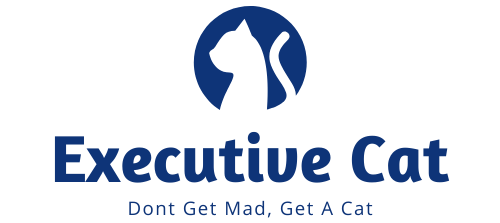1. Overview of Rats Dietary Needs
2. Can Cats and Rats Safely Share Food?
3. What Nutrients are Found in Cat Food?
4. Are There Any Health Risks Associated with Feeding Rats Cat Food?
5. Benefits of Feeding Rat’s Cat Food Occasionally
6. Alternatives to Cat Food for Your Pet Rat’s Diet
1. Overview of Rats Dietary Needs
When it comes to your rat’s diet, there are some important points to consider. Rats need a balanced diet of both proteins and carbohydrates for optimal health. To ensure they get the right nutrients, feed them with a combination of fresh fruits and vegetables as well as complete pellet food formulated specifically for rats. A small amount of meat-based foods such as cooked chicken or beef can also provide essential fats and amino acids that are not found in other sources. Avoid feeding them sugary treats like candy since this could lead to obesity, dental problems, and other health issues in the long run.
2. Can Cats and Rats Safely Share Food?
It’s always a good idea to keep cats and rats separate when it comes to food. Even though they may both enjoy eating the same type of food, it’s best for them not to share meals for safety reasons. Cats can carry diseases that are dangerous for rats, so if your pet rat were to accidentally swallow something from your cat’s dish it could make them very sick. Additionally, cats have sharp claws and teeth which could cause injury if they became too curious about what was in their furry friend’s bowl. For these reasons, it is safest to feed cats and rats separately
3. What Nutrients are Found in Cat Food?
Cat food is designed to provide cats with all the essential nutrients they need for a healthy lifestyle. It contains high-quality proteins, fats, carbohydrates, vitamins, minerals and water. Protein is important for cats as it helps build and maintain their muscle mass, while fats help provide energy and keep skin and fur healthy. Carbohydrates are necessary for digestion and absorption of other nutrients in your cat’s diet. Vitamins A, D3 & E are beneficial to promote eye health and immune function while minerals like calcium & phosphorus help strengthen bones and teeth. Water should also be included in a balanced
4. Are There Any Health Risks Associated with Feeding Rats Cat Food?
Yes, there are a few health risks associated with feeding rats cat food. Cats require a diet that is higher in protein and fat than rats typically need, so if you feed your rat too much cat food it can lead to obesity and other related health issues. Additionally, some cat foods contain ingredients that can be harmful for rodents like garlic or onions which could cause digestive upset. It’s best to stick to specially formulated rat food or rodent blocks supplemented with fresh vegetables as the primary source of nutrition for your pet rat!
5. Benefits of Feeding Rat’s Cat Food Occasionally
Feeding your rat cat food occasionally can be beneficial for their health. Cat food is usually a lot higher in protein than regular rat food, so feeding it to your pet on occasion can help them get the extra nutrition they need. Additionally, cats and rats share many of the same dietary needs, so giving them some of this type of snack won’t hurt as long as you do it sparingly. It’s always important to check with your veterinarian before making any changes to their diet however!
6. Alternatives to Cat Food for Your Pet Rat’s Diet
#ERROR!
#ERROR!
